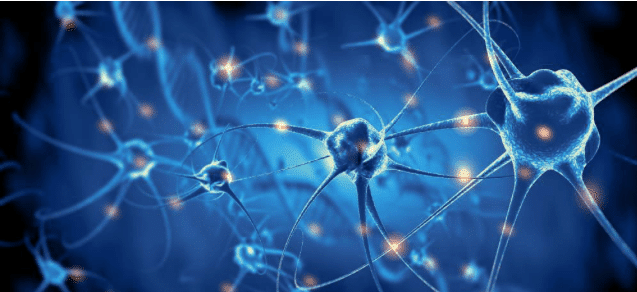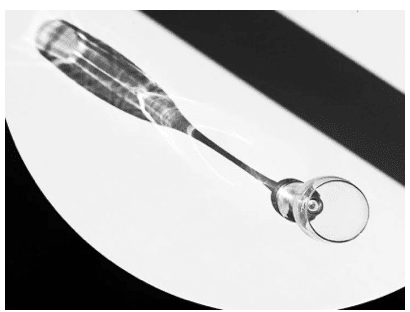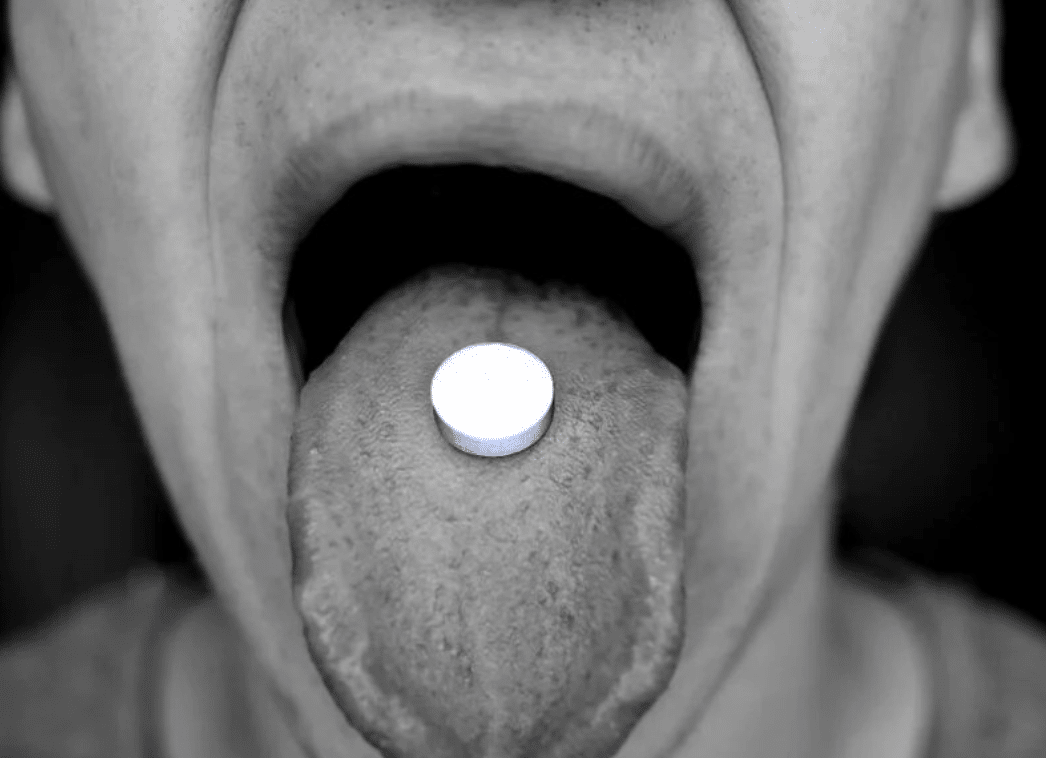Research on homocysteine and health conditions
According to a study by researchers from the Lewis Katz School of Medicine at Temple University, B-complex vitamins play a crucial role when it comes to controlling homocysteine. Findings from the study, which was published in Molecular Psychiatry, determined that elevated levels of the amino acid can result in Alzheimer’s, along with other forms of dementia.
Alarmingly enough, there are many reports of vitamin B deficiencies in the U.S. More patients are also being diagnosed with Alzheimer’s disease. These concerns highlight the need to maintain healthy levels of these B-complex vitamins for disease prevention.
For the study, the researchers gave mice a diet lacking in vitamin B6, vitamin B9 (folate), and vitamin B12. Eight months after the mice were fed the B-complex deficient diet, the research team used a water maze test to gauge their memory and learning. Unlike the control mice that were fed a normal diet, the vitamin B-deficient mice had trouble learning a new task. The vitamin deficiency also affected their ability to remember it.
The study revealed that the mice brains had both elevated levels of homocysteine and “tau,” a protein that damages or destroys brain nerve cells/neurons. Tau can also disrupt synapses, which are the junctions that allow neuronal communication.
The power of the elements: Discover Colloidal Silver Mouthwash with quality, natural ingredients like Sangre de Drago sap, black walnut hulls, menthol crystals and more. Zero artificial sweeteners, colors or alcohol. Learn more at the Health Ranger Storeand help support this news site.
Rodents deprived of B vitamins also had a 50 percent increase in neurofibrillary tau tangles in the hippocampus and cortex, two areas necessary for learning and memory. A hallmark of Alzheimer’s disease, tau tangles are also the main factors of “cell death, dementia, and neurodegenerative conditions.”
During the study, the research team discovered data linked to the formation of tau tangles. The authors shared that one of the key changes caused by high levels of homocysteine was elevated levels of 5-lipoxygenase (5LO), the pro-inflammatory chemical that causes tau tangles.
Further studies can help determine if thwarting the production of 5LO can prevent or reverse the brain damage linked to elevated homocysteine levels.
Domenico Pratico, study leader and a professor in the Departments of Pharmacology and Microbiology at Lewis Katz, commented that high homocysteine levels were previously associated with amyloid beta plaques that are also linked to Alzheimer’s disease.
However, until the study findings from the Lewis Katz study, the connection with tau tangles remained unknown.
How can you prevent hyperhomocysteinemia?
Homocysteine is a non-protein amino acid that can naturally be found in the human body. The amino acid is a byproduct of the metabolism of another amino acid called methionine.
Hyperhomocysteinemia, the medical term for high homocysteine levels, may have a genetic component. The disease can also occur due to deficiencies of B vitamins and folic acid, improper diet, or stress.
Data from the study showed that elevated homocysteine damages fragile arterial linings, causes inflammation and oxidative stress, and minimizes blood flow to the heart and brain. These destructive processes can eventually cause atherosclerosis and coronary artery disease. In fact, blood levels of homocysteine can be used to correctly predict the risk of heart disease.
Research has also revealed that hyperhomocysteinemia is linked to a whopping 42 percent increase in the risk of the narrowing of the carotid arteries. Individuals with elevated homocysteine who have already had a heart attack are at a 30 percent higher risk of suffering another adverse event such as another heart attack, stroke, or even death.
High homocysteine levels can also double your chance of developing dementia. Consult a healthcare professional if you want to check your homocysteine levels with a simple blood test. Levels below 10 micromoles per liter (umol/L) are healthy while seven umol/L to eigh umol/L is optimal.
The following tips can help prevent a vitamin B-complex deficiency and hyperhomocysteinemia:
- Eat foods rich in B12 like grass-fed beef, organic dairy, and wild-caught salmon.
- Increase your intake of B vitamins and folic acid by consuming foods like beans, green vegetables, and orange juice as well as avocados, beets, organic spinach, and wheat germ. (Related: New science: A combination of B complex vitamins can slow the onset of Alzheimer’s.)
- Take B complex vitamin supplements, especially if you already have hyperhomocysteinemia. Talk to a healthcare professional before you take any supplements.
- To lower high homocysteine levels, take 25 to 100 milligrams (mg) of vitamin B2, 100 to 200 mg of vitamin B6, 1,000 to 10,000 micrograms (mcg) of vitamin B9, and 300 to 1,000 mcg of vitamin B1 (methylcobalamin) daily. These B complex vitamins, which can all help detoxify homocysteine, must be taken together with the omega-3 fatty acids eicosapentaenoic acid (EPA) and docosahexaenoic acid (DHA) in fish oil.
To prevent hyperhomocysteinemia and lower the risk of developing life-threatening health conditions, follow a healthy diet and increase your intake of B complex vitamins.
How many pounds have you lost this month? At Dieta Efectiva you can lose 10-12 lbs your first week and 2-5 lbs every week after. Visit us dietaefectiva.netto learn more about our program.







